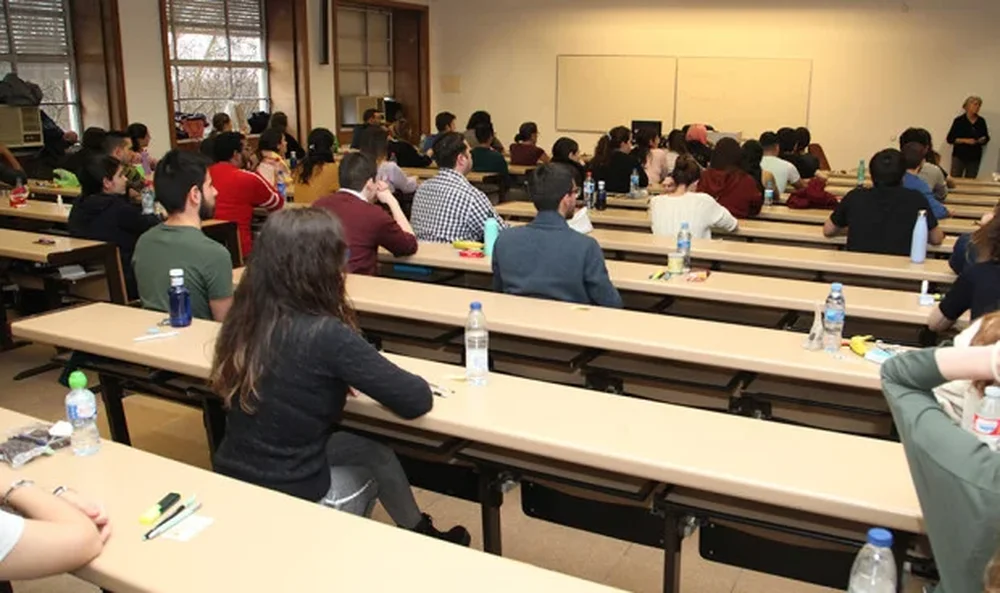Record Number of Aspirants for Spain's MIR Exam in 2024

In a significant development for the medical community in Spain, the upcoming Medical Intern Resident (MIR) exam has seen a record number of aspirants this year. As of October 29, 2024, a total of 14,612 candidates have been admitted to compete for the limited 9,007 available positions.
High Demand and Competitive Landscape
This year's figures mark a new high in the number of applicants vying for a spot in Spain's highly competitive medical residency program. The MIR exam is a crucial step for medical graduates seeking to specialize in various fields, and the increasing number of aspirants reflects the growing interest and competition within the medical profession.
Application and Admission Numbers
Out of the 31,538 individuals who initially applied, 14,612 have been deemed eligible to take the exam. This selection process underscores the rigorous standards and high expectations associated with the MIR program. The significant gap between the number of applicants and available positions highlights the intense competition that candidates will face.
Implications for Medical Education and Healthcare
The high number of aspirants is a testament to the attractiveness and reputation of Spain's medical education system. However, it also raises concerns about the capacity of the healthcare system to absorb such a large number of new residents. The Spanish healthcare system will need to ensure that it can provide adequate training and resources for the successful candidates.
Preparation and Anticipation
As the exam approaches, candidates are likely to be in the final stages of their preparation, reviewing extensive medical curricula and practicing under timed conditions to simulate the actual exam experience. The exam is a comprehensive assessment that evaluates a candidate's knowledge, skills, and readiness to embark on specialized medical training.
Conclusion
The record number of aspirants for the 2024 MIR exam in Spain underscores the country's strong medical education system and the high aspirations of its medical graduates. As these candidates prepare to take this critical step in their careers, they are not only competing for a limited number of spots but also contributing to the future of healthcare in Spain.




